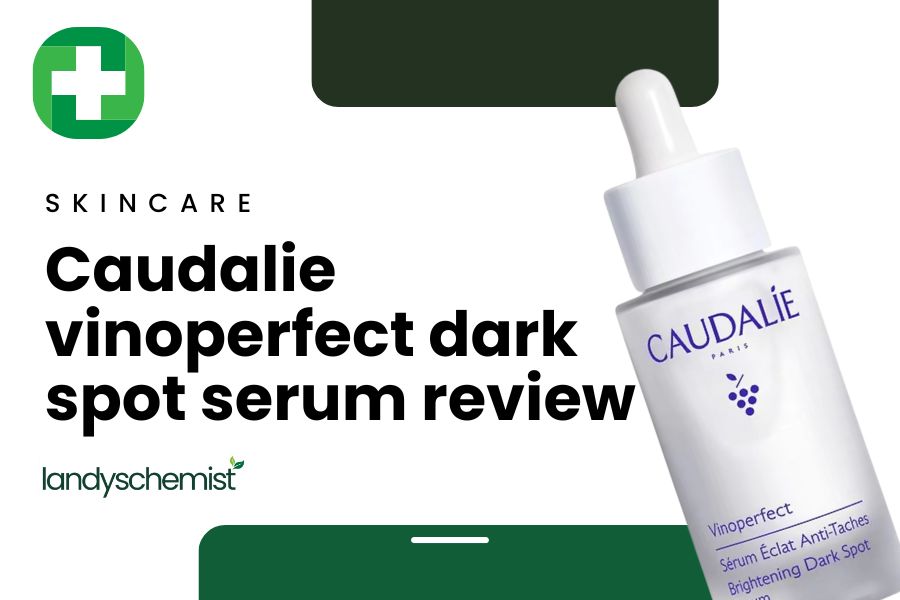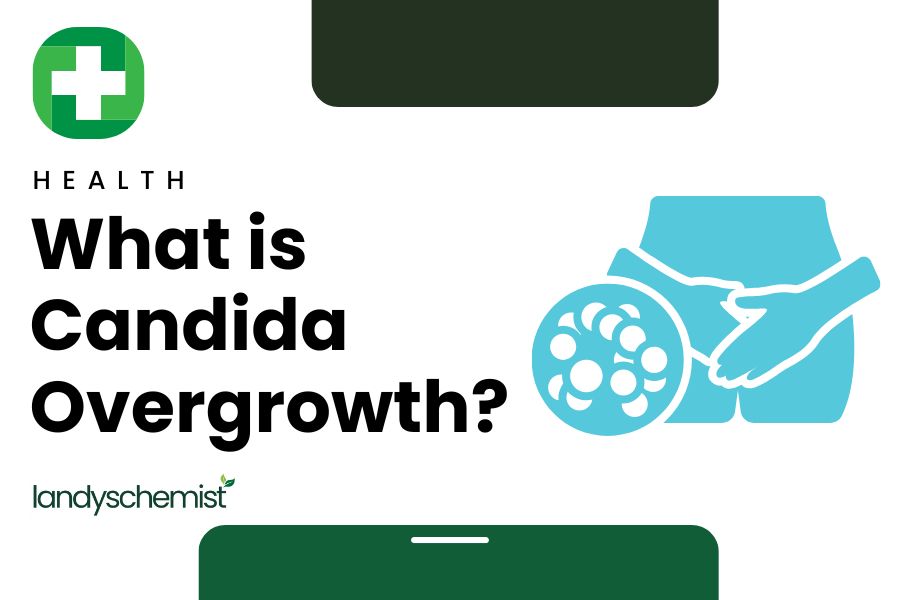
Antioxidants: Benefits & Functions
By Girish Desai, Pharmacist (GPhC ), Nutritionist and Homeopath
You've heard of antioxidants. They are often touted as one of the key benefits of various skin care products, drinks and foods. The name even sounds scientifically healthy – at least as much as anything can. But this rise in popularity of antioxidants doesn't mean they're a fad. Antioxidants are incredibly important for our health.
Here, we look at what antioxidants are, their real benefits for your health and how to get them into your diet.
What Are Antioxidants?
Antioxidants are molecules that protect your cells against damage from free radicals. They can be man-made or found in natural substances, like certain foods. Antioxidants are also considered helpful in preventing or delaying cell damage.
What Are Free Radicals?
Free radicals are compounds that are naturally produced in the body. However, a build up of these free radicals causes 'oxidative stress' in the body, which has been linked to 'the development of chronic and degenerative illness such as cancer, autoimmune disorders, aging, cataract, rheumatoid arthritis, cardiovascular and neurodegenerative diseases'.
Sources of free radicals vary, from fried foods and alcohol to smoking, air pollution and pesticides. We interact with free radicals from the inside and the outside, which is why antioxidants are so important – particularly if we are coming into contact with multiple sources of free radicals.
Functions Of Antioxidants
Antioxidants are key to maintaining a healthy and balanced diet. This, in turn, is important because your body needs both a variety of nutrients (vitamins, minerals and other substances) to perform the many varied functions of the body. Without the right nutrients, you can find it hard to think, or have trouble moving your muscles, or your body might become vulnerable to a disease and struggle to heal from its effects.
Antioxidants help to prevent diseases and remedy infections by providing the body with the right compounds needed. Like how you can't build a strong brick wall without bricks AND cement. The bricks (cells) alone aren't enough, you need the cement (antioxidant) that binds the strong bricks together to make it strong.
Benefits Of Antioxidants
There has been a significant amount of research into the specific benefits of antioxidants, with studies looking at how varying amounts (or a lack) of antioxidants affect different body parts and functions. This is a sample of some of the most well-researched areas.
Antioxidants For Skin
Our skin is like a glowing billboard for our health. It shows lack of nutrition and the impact of pollution and outside influences. Without proper nutrients, skin can become dry or damaged, leading to sore wounds or spots. Similarly, if we aren't washing our faces or moving through cities with heavy pollution, all those molecules of dirt start to wreak havoc on our skin. Studies have found that antioxidants are highly beneficial in keeping our skin healthy, both when consumed through food or supplements and when applied topically as a cream or moisturiser.
Antioxidants For The Immune System
Antioxidants have been shown to support cells, allowing them to last longer or break down slower. Maintaining healthy cells is clearly important to health, as is slowing the development of diseased cells. Our immune systems are our core defence against degenerative conditions. Now, our immune system is powered by numerous nutrients, and also by micronutrients (the smaller parts that make up larger nutrients like specific vitamins and minerals). A study found that 'antioxidant supplementation can significantly improve certain immune responses'. This is great news for those with weakened immune systems and exemplifies how valuable antioxidants are in the immune system's effective functioning.
Antioxidants For An Increased Metabolism
Some of the most common deep-dive questions around antioxidants are to do with antioxidants and weight loss. However, studies don't necessarily look at weight loss in relation to this compound. Rather, the correlation between one's metabolism and antioxidants is what is investigated. While the evidence is not considered conclusive, a recent study noted that antioxidants combined with exercise training did seem to motivate participant metabolisms during rest and exercise. This implies that even if antioxidants are not directly responsible for speeding up one's metabolism, they may provide support for the body that enables an increase in metabolic rate.
Antioxidants For Male Infertility, Liver Disease & Other Conditions
'Oxidative stress is a common phenomenon in the aetiology of many diseases and male infertility is not an exception.' Since antioxidants assist with reducing oxidative stress in the body, low-quality (slow or damaged) sperm may benefit from antioxidants – though studies have noted it will likely be combined with other treatments depending on the condition. With liver disease, certain antioxidants have been found to treat injury to the liver, though more clinical trials are required. Essentially, whether dealing with male fertility or a disease, if it has been linked to oxidative stress, there may be a benefit to taking antioxidants, as a food or supplement. If you do have one of these conditions, we recommend speaking to your doctor before starting any supplementation.
Sources Of Antioxidants
There are a number of different antioxidants and they can be found in all kinds of foods and as supplements.
Antioxidant Foods
Antioxidants are found primarily in fruits and vegetables, though they are also present in certain protein sources. Each contains certain antioxidants, but here are some of the most common food sources of antioxidants:
- Garlic
- Parsley
- Thyme
- Oregano
- Tomatoes
- Avocados
- Mangos
- Blueberries
- Onions
- Carrots
- Spinach
- Broccoli
- Corn
- Milk
- Tofu
- Lentils
- Seafood
Antioxidant Supplements
If you are unable to eat or access antioxidant rich foods, or want to boost your intake – on a medical professional’s recommendation – then you will want to look at the Solgar range of antioxidant supplements. These include various sources of the extracts, which you can tailor to your needs.
If you aren't sure where to start, we recommend Solgar Antioxidant Nutrients, which contain a balanced range of antioxidant rich nutrients.
Disclaimer
The products offered are not intended to diagnose, treat, cure, or prevent any illness or disease, or to replace the advice of a medical professional. Results are not guaranteed and may vary from individual to individual.




